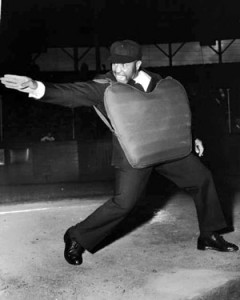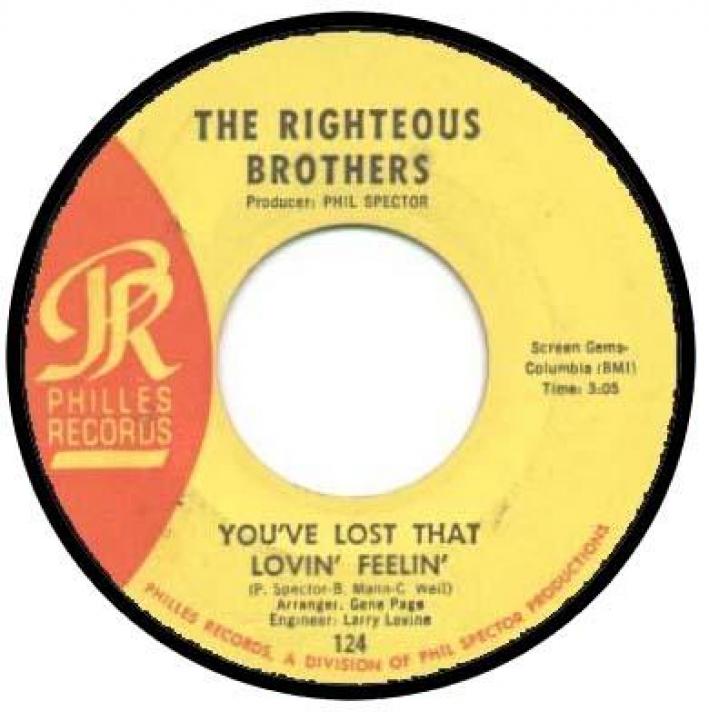Upton
Sinclair’s book, “The Jungle” is published.
It is the story of what Sinclair found
when he was working undercover in Chicago’s meat packing industry at the
request of the editors of the magazine “Appeal to Reason”, a political
newspaper of the Socialist Party of America that became the largest circulated
Socialist newspaper in America by 1910. He searched for a book publisher and was
rejected by five, who considered it “too shocking for publication”.
The book prompted the public to write President Teddy Roosevelt to the tune of about 100 letters a day. Roosevelt sent meat inspectors on a surprise visit. Even though the visit was leaked and the plants worked 3 shifts a day for 3 weeks to clean up the place, the inspectors were still horrified at what they found. Their report resulted in the Federal Meat Inspection Act of 1906 which eventually led to the establishment of the Food and Drug Administration.
Sinclair was appalled and bitter that the public was more shocked at the idea of eating “tubercular meat” than they cared about the horrific conditions of the working man. In an interview with Cosmopolitan magazine, he complained of the public’s viewpoint by saying, “I aimed at the public's heart, and by accident I hit it in the stomach."
Sinclair is one of the most translated American authors, his books having been translated into every major language, and it is believed by many that his work has more impact than any other author with the possible exception of Harriet Beecher Stowe. He received a 1943 Pulitzer Prize for his fiction work of “Dragon’s Teeth”.
A supporter of socialism, Sinclair helped organize the ACLU (American Civil Liberties Union), and in 1923 he co-founded the ACLU's first permanent affiliate, Southern California ACLU, as an organization to protect public workers, in response to the arrest of dock workers who had gone on strike. He ran for Congress three times and ran for California governor three times, losing all six races.
..















